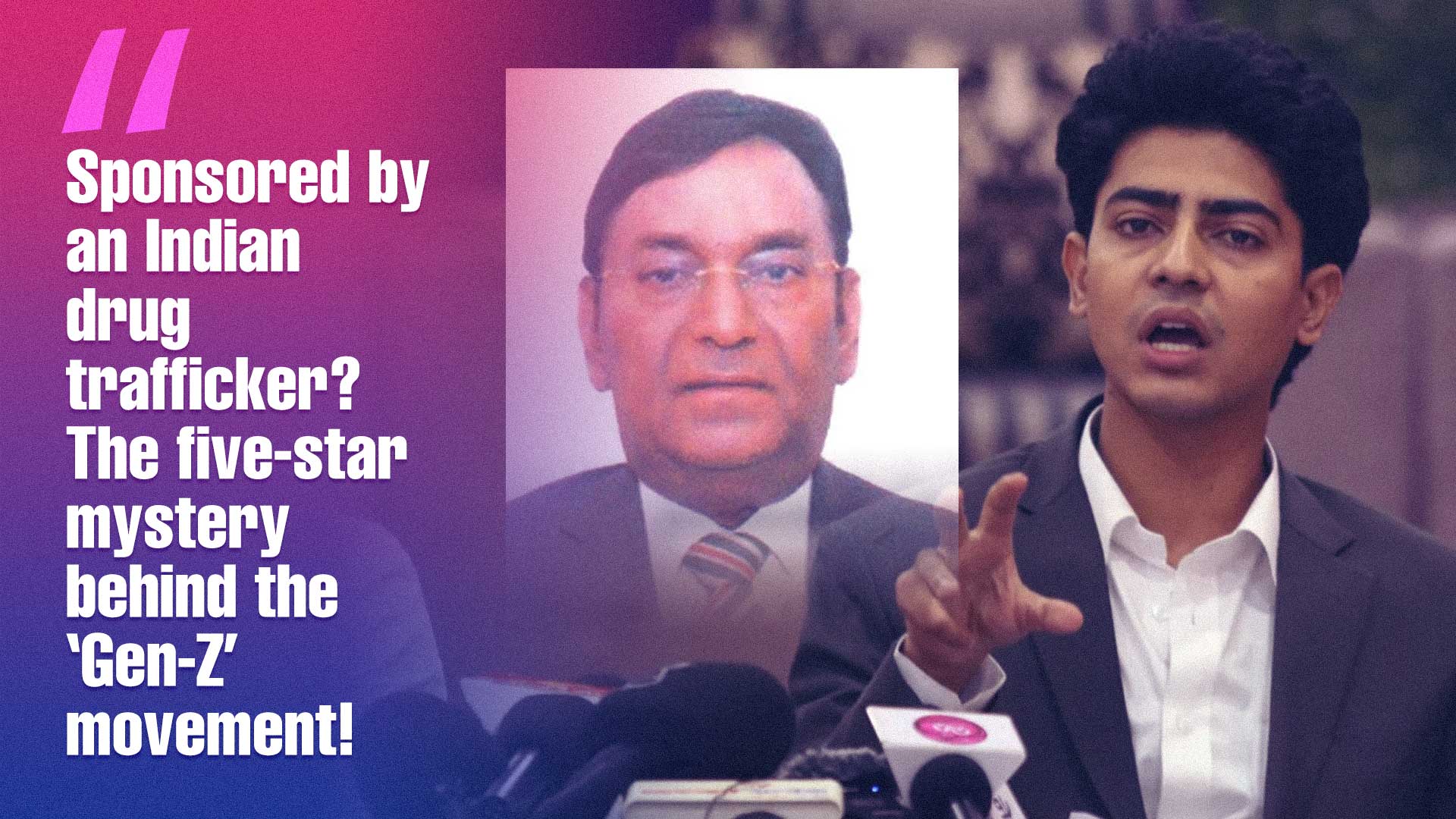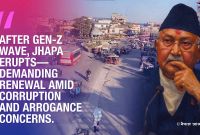People’s Movement or Drug Dealer’s Fund? The ‘Gen-Z’ Platform Faces an Ethical Storm

The claim made by Gen-Z Movement leader Miraj Dhungana has sent shockwaves through Nepal’s political and moral circles. Dhungana publicly stated that The Everest Hotel, Kathmandu had sponsored his recent press conference — a statement that quickly ignited controversy once it was revealed that the hotel’s proprietor, Mashkoor Ahmad Lari, is an Indian national previously implicated in an international drug-trafficking case.
During the high-profile press meet held on October 18, 2025, Dhungana announced that his group would boycott future elections until Nepal adopted a direct executive governance system and guaranteed voting rights for Nepalis living abroad. But what has overshadowed his political message is the financial and ethical question surrounding the event itself.
According to an official quotation obtained by Nepal Aaja, the event of that scale would cost between Rs 600,000 and Rs 700,000 (≈ USD 4,500–5,300). The hotel’s hi-tea package alone costs Rs 2,000 per person plus 15 percent tax (13 percent VAT and 2 percent luxury tax), bringing the total to Rs 2,300 each — roughly Rs 575,000 for 250 guests and Rs 690,000 for 300. When adding audio-visual equipment such as PA systems, laptops, and projectors, the total expense could exceed Rs 720,000. For a self-proclaimed grassroots movement, the scale of spending appears remarkably lavish.
The controversy deepens with the history of the hotel’s owner. Mashkoor Lari, who has managed hotel businesses in Nepal for decades, was arrested in connection with a 1997 Frankfurt Airport seizure of 250 kilograms of hashish. Nepal’s Narcotics Control Bureau confirmed that the shipment had originated in Kathmandu and was traced through Europe. The case — filed with the support of the German Government and the German Embassy in Kathmandu — exposed cross-border networks linking Nepal’s business elite to international drug trade routes.
Legal and ethical experts say accepting sponsorship — or even the perception of it — from such a figure undermines the moral legitimacy of any political movement. As one constitutional lawyer put it, “The essence of political activism is transparency. Partnering, directly or indirectly, with a foreign national tied to drug trafficking reflects ethical misuse and damages the movement’s credibility.”
Dhungana has declined to offer further comment, though a close aide claimed, “It was not sponsorship — the program was organized through voluntary contributions.” Yet the financial documents and event costs tell a more complicated story. Across social media, the public debate has turned fierce. One post read: “How can a movement against corruption and injustice be hosted in a five-star hotel financed by a man linked to narcotics?”
What began as a youthful cry for reform has now evolved into a defining test of Nepal’s new generation of politics — where ideals of transparency and ethics meet the temptations of power and privilege. Whether the Gen-Z Movement has lost its soul or is merely confronting the paradoxes of modern activism is a question that time, and history, will answer.
Gen-Z Miraj Dhungana



![From Kathmandu to the World: How Excel Students Are Winning Big [Admission Open]](https://nepalaaja.com/img/70194/medium/excel-college-info-eng-nep-2342.jpg)
